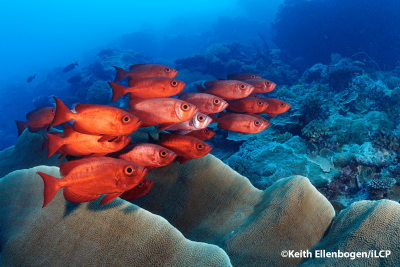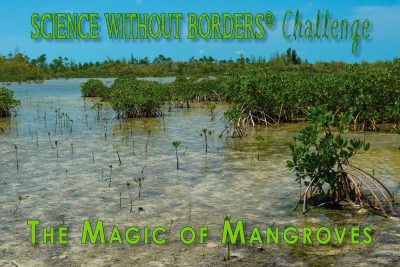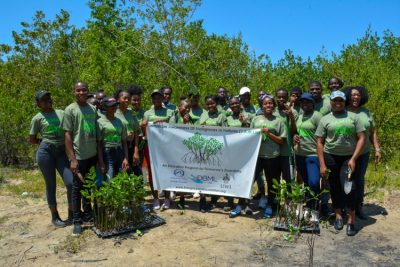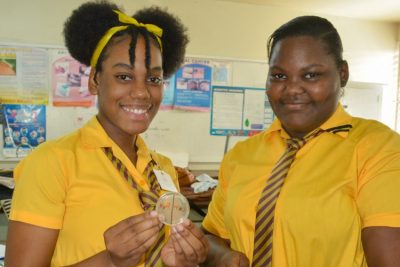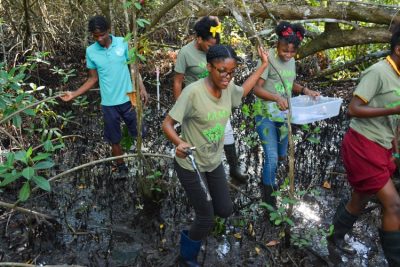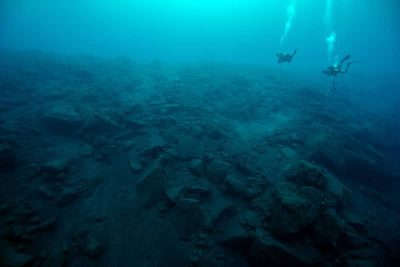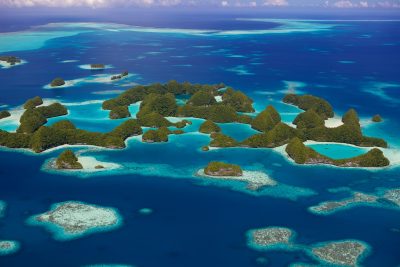
Palau’s Coral Cover Was the Highest We Found on the Global Reef Expedition
On our Global Reef Expedition mission to Palau in January 2015, our team of scientists surveyed 85 different coral reefs, stretching from Angaur in the south, through the majestic reefs of the Rock Islands UNESCO World Heritage Site, all the

